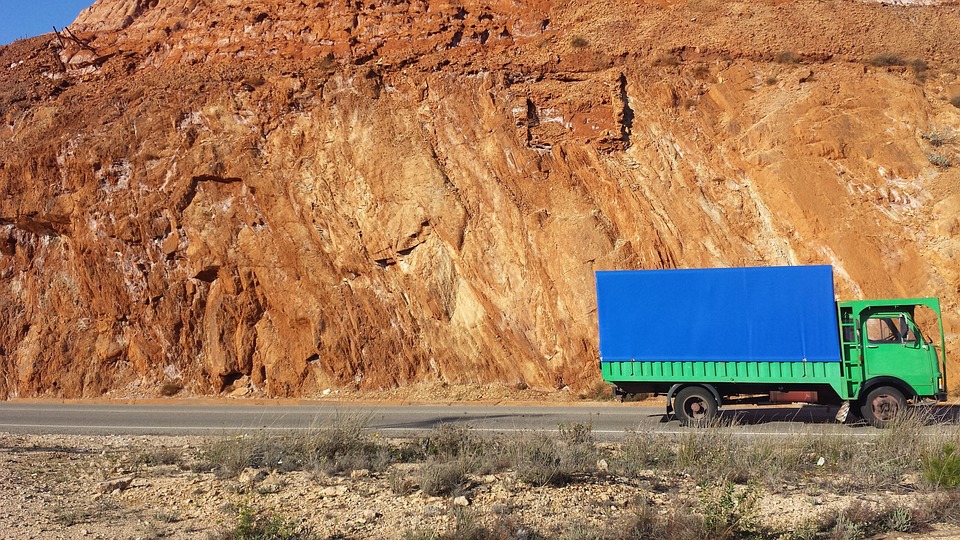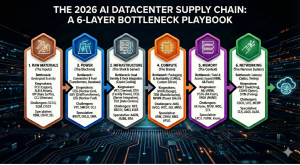The Escalating Conflict
In a clash that pits environmental concerns against industrial interests, a deep-sea mining operation has found itself in a tempest with Greenpeace, the well-known environmental organization. The vessel employed by the mining company’s subsidiary, Nauru Ocean Resources (NORI), was subjected to disruptions from Greenpeace activities, ultimately leading to a legal mandate for the activists to vacate the vessel.
The Legal Battle Unfolds
A Dutch court, adjudicating on the matter, sided with the mining company and ordered Greenpeace to cease its activities aboard the research vessel. The Metals Company, involved in deep-sea mining, contends that the research expedition interfered with vital scientific exploration aimed at understanding the impacts of nodule collection.
Stakeholder Perspectives
As the conflict simmers, The Metals Company asserts that the research endeavors disrupted by Greenpeace were requested by the International Seabed Authority (ISA) for the purpose of conducting an impact assessment. However, Greenpeace maintains that its actions are a response to the mining company’s intent to proceed with extraction activities in advance of finalized regulations.
The Mining Dilemma
Deep-sea mining presents a tantalizing prospect, with vast reserves of minerals such as cobalt, nickel, copper, and manganese housed in potato-sized nodules on the seabed. Valued in trillions of dollars, these potential reserves are situated in regions targeted by mining companies like The Metals Company.
Despite the economic lure, a multitude of NGOs and environmental groups voice concerns over the potential ecological ramifications. The extraction of these resources from the sea floor could have profound consequences for our planet, argue critics of deep-sea mining.
The Warning Signals
A recent report by the non-profit organization, Planet Tracker, issues a stark warning about the potential fallout of widespread deep-sea mining. The report suggests that extracting key minerals and metals from the seabed could not only disrupt the mining industry but also lead to immense biodiversity loss, far surpassing the damages caused by land-based mining operations.











